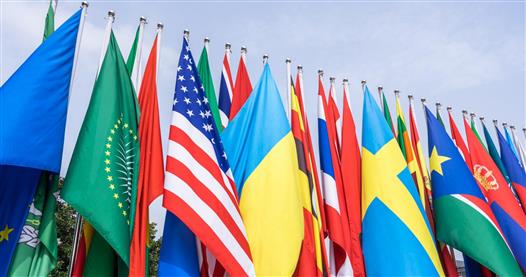
10 Feb 2020: Post the digitisation of the global economy, certain tax challenges arose. In order to deal with it head-on, about one hundred and thirty (130) countries recently reached an agreement which was championed by the Organisation for Economic Co-operation and Development (OECD).
Below are two crucial things it aims to accomplish:
- To reform the global tax rules in such a way that gives countries more right to impose taxes on multinational digital corporations like Facebook and Google.
- To introduce a global minimum corporate tax rate of 15% on earnings.
According to the Africa Tax Lead at Ernst & Young, Larry Eyinla, the former global tax framework was basically designed for the traditional economy and it was high time that a new framework was needed to adapt with the ongoing technological revolution.
"This is actually a fundamental step in the right direction. The tax rules that we have been operating under have been around for over a hundred years. And those tax rules are really meant for the brick and mortar economy. As the world now transitions to this digital economy, there needs to be a different framework. And that's what this agreement has done. So, fundamentally, this agreement will really mean that global companies, especially the digital platform companies that are making money from our technology and data, will be paying a level of tax across the world, especially in countries where they have users rather than countries where they have headquarters.
"In terms of Africa, it's a welcome development because before now, those companies would not have paid any tax in Africa because they don't have their headquarters here. So, it is going to be meaningful in the grand scheme of things," Eyinla told CNBC Africa.
Basically according to the agreement tech giants like Twitter, Google and Amazon would no longer just pay taxes to the US Government alone or to the countries where they are domiciled . Instead, in addition to paying those taxes in the countries where they are headquartered , they would also pay taxes in each and every country where they have a customer or user base. Although the US Government doesn’t seem too thrilled about it, it might actually be a boon for African countries by guaranteeing more revenue generation.